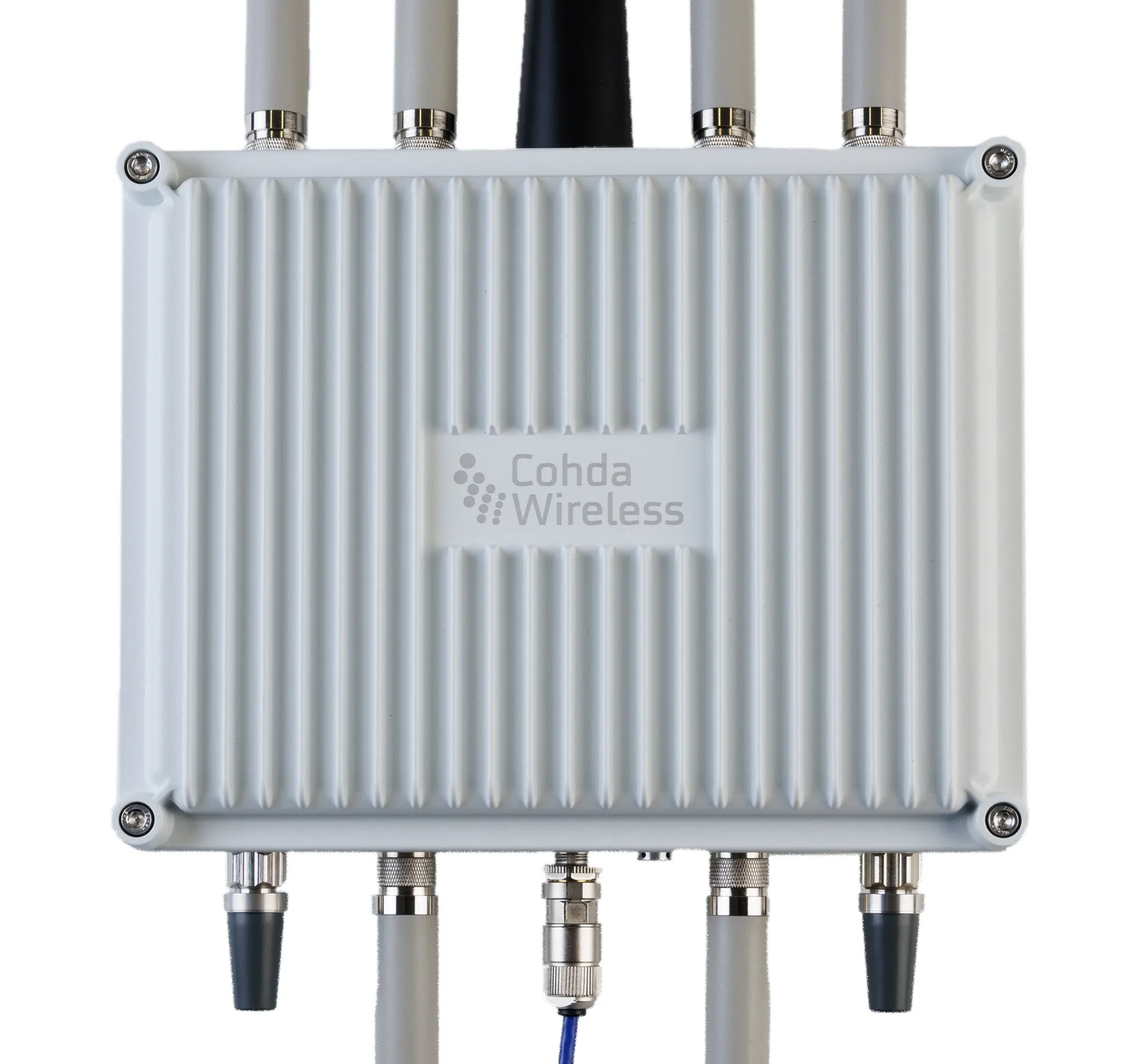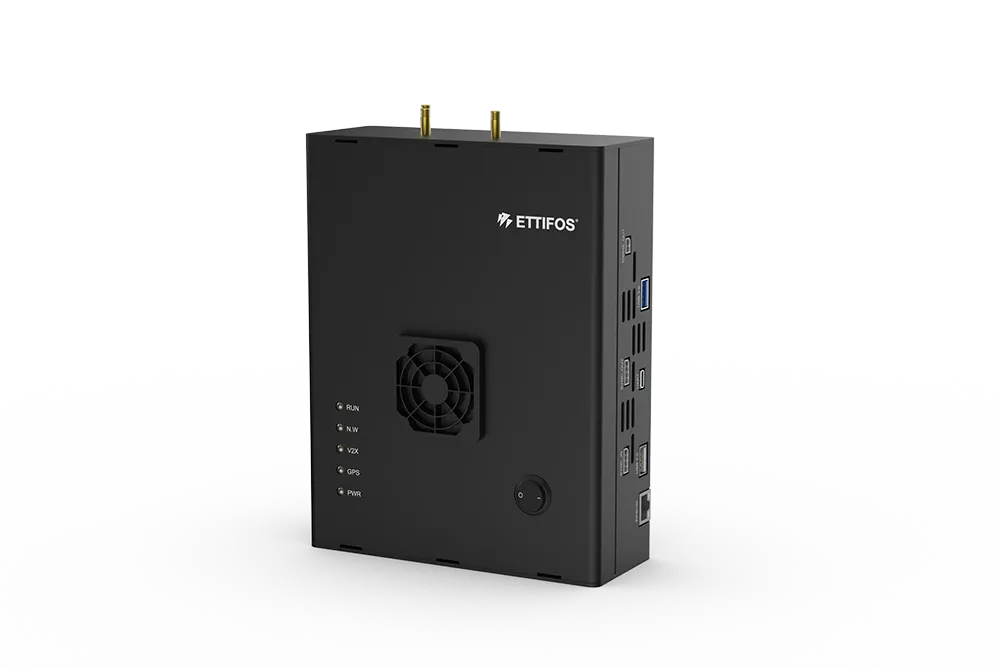
Cohda Wireless’s vehicle technology solution, the MK6, has been certified by the OmniAir Consortium, a US industry association.
Cohda, a Danlaw Company, develops connected and autonomous vehicle software with applications for smart cities, connecting vehicles with infrastructure and pedestrians.
It says that MK6 is the first C-V2X Road-Side unit (RSU) to be certified for deployment within the US by OmniAir which promotes interoperability and certification for ITS, tolling and connected vehicles.
OmniAir’s decision follows the product's certification by CE in Europe, UKCA for the UK, ISED in Canada and KC for South Korea, as well as the US Federal Communications Commission (FCC), which last year granted waivers permitting deployment of cellular Vehicle to Everything (C-V2X) technology in the upper 30MHz of spectrum in the 5.895-5.925GHz band.
The MK6 RSU was found to conform to OmniAir’s LTE-V2X (RSU) Release 1 Conformance test specifications. These industry-developed test cases are based on technology standards for connected vehicles and transportation environments. OmniAir Certified devices are tested for conformance to industry standards, as well as interoperability, performance and security requirements.
“This milestone will allow for the deployment of C-V2X technologies within the 5.895-5.925GHz band to support intelligent transportation systems operations,” said Jason Conley, executive director of OmniAir Consortium.
Cohda’s products are used globally, including in Australia, India, Japan, Africa, Middle East, China, Singapore and Korea.
“This is another very welcomed and significant validation of our connected vehicle technology that cements the MK6 as the solution of choice in the rapidly-growing US market,” said Paul Gray, chief executive of Cohda.
Cohda launched the MK6 in late 2022 as what it claims is the world’s most advanced and versatile V2X connectivity solution. The MK6 RSU and OBU (on-board unit) offer the most comprehensive connectivity capability as standard features, including DSRC, C-V2X, LTE/5G and Wi-Fi/Bluetooth.
The MK6 features NXP Semiconductors’ RoadLink SAF5400 and SXF1800 chipsets as well as the Qualcomm Snapdragon Auto 5G Modem-RF Platform.









